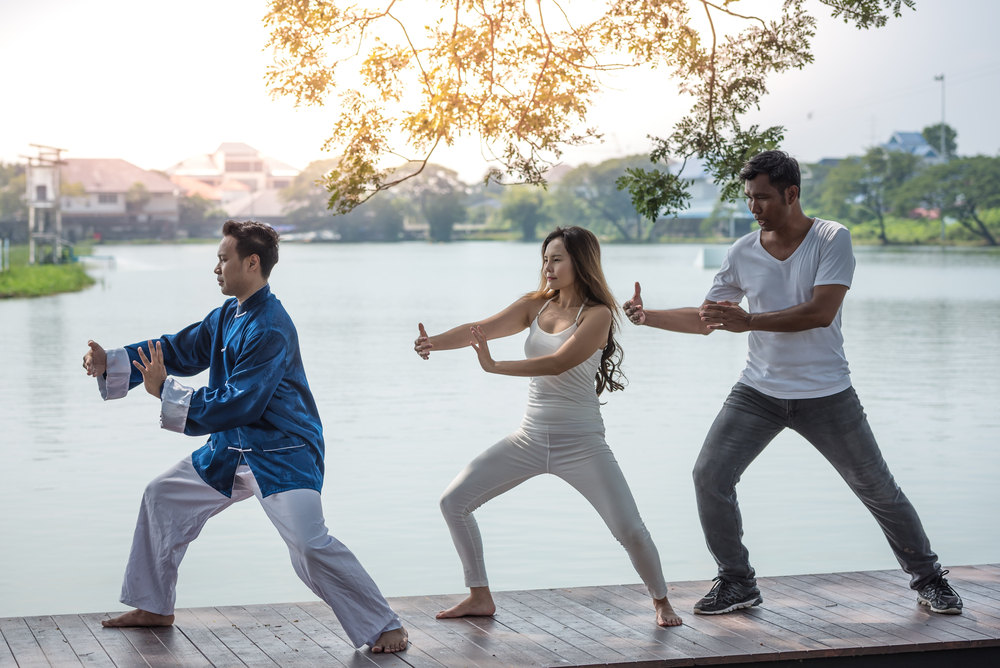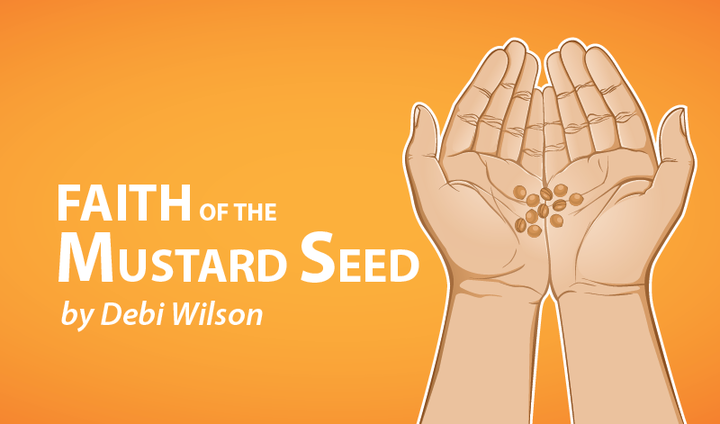Serenity Now: Relaxation Techniques for MS, Part Two
Written by |


My last column “Serenity Now: Relaxation Techniques for MS, Part One” offered some quick and easy suggestions on how to relax in times of stress. This column is a continuation of that series.
Movement, massage and applied pressure to the correct areas have many benefits. Massaging certain areas of the body, and certain body movements, can help instill a sense of calm or relaxation. As mentioned in my previous column, stress can wreak havoc on my MS symptoms. This has led me to learn more about various relaxation techniques to help me find a sense of peace in stressful situations.
Following are some techniques that can be performed sitting or standing. Please remember: It’s always a good idea to check with your physician before starting a new health program.
Qigong
The ancient Chinese practice of qigong (pronounced chi-kung) has been proven to help alleviate MS symptoms. “qi” is Chinese for the vital energy that flows through all things in the universe and “gong” is skill that is attained through intense practice. According to the National Qigong Association (NQA) “Qigong (Chi Kung) means cultivating energy, it is a system practiced for health maintenance, healing and increasing vitality.”
There are three practices of qigong: martial, medical and spiritual, and they all focus on posture (moving or stationary), breathing exercises and mental focus, the NQA states. Each practice has a purpose either to cleanse, heal, circulate or store energy in the body.
Qigong is in the family of tai chi and kung fu, but qigong is the more gentle, flowing principal of the three, according to the NQA. It is said to help with balance, circulation to make you feel more in control of your body and help calm you. One reason this practice is so appealing to me is that it can be used by anyone of any age or ability.
Qigong instruction is available on YouTube, DVDs, and in books. Most cities have classes through a martial arts school or other venues.
I find the flowing movements of qigong to be very relaxing while increasing my upper body strength. I do them while sitting, listening to soft music and lighting a candle to help add a calming ambience.
Reflexology
Reflexology is the application of applying massage and pressure to certain areas of the hand, foot and ears. It is thought that this practice assists in pain relief and also to achieve relaxation. It is something that can be done at home or by a reflexologist, chiropractor, physical or massage therapist.
A reflexology chart maps out the connection pressure points on the foot, hands and ears that correspond directly to organs and other areas of the body. It is thought to also have additional health benefits. An article by OrganicFacts.net suggests that some of the benefits include stimulation of nerve function and of the central nervous system. Also, patients may feel a boost of energy and an improvement of urinary tract conditions.
Through my experiences with reflexology I have gained a steady improvement in mood and fending off depression, as well as a decrease in pain. That is proof to me that relaxation and relief are attainable.
There are countless different techniques to help promote relaxation and encourage better stress management. Trying new techniques and finding what works best for your MS symptoms is key when incorporating a relaxation routine into your life.
***
Note: Multiple Sclerosis News Today is strictly a news and information website about the disease. It does not provide medical advice, diagnosis, or treatment. This content is not intended to be a substitute for professional medical advice, diagnosis, or treatment. Always seek the advice of your physician or other qualified health provider with any questions you may have regarding a medical condition. Never disregard professional medical advice or delay in seeking it because of something you have read on this website. The opinions expressed in this column are not those of Multiple Sclerosis News Today, or its parent company, Bionews Services, and are intended to spark discussion about issues pertaining to multiple sclerosis.



Anthony Korahais
I'm glad to see qigong mentioned here! A lot of my students battle MS, and they've gotten some amazing results with qigong.
If you want a taste of qigong, I have a free online course called "Beating Fatigue with Qigong".
You can get free access here: https://flowingzen.mykajabi.com/store/CNe4WWGo
Debi Wilson
Thank-you for your comments and link Anthony! I really like the practice of Qigong and it's benefits for my MS!
Debi
Exercise To Heal Team
Great article. We highly recommend Qi Gong practice to help bring about comfort in those times of distress, while battling this debilitating disease. Our Qi Gong DVDs have helped so many of our customers who battle MS. Please review our many different Qi Gong DVD titles and customer testimonials on our website at www.exercisetoheal.com.
Debi Wilson
Thank-you! I am new to Qi Gong, but I am really enjoying it and it really helps my MS symptoms!
Debi
Daniel Davis
Reflexology has been known for its benefit to the central nervous system and immune system. A lot of people use this body work to help them relax and enjoy a better sleep if they have occasional or chronic insomnia.
Debi Wilson
Good information Daniel! I know that I can really tell a difference and love the benefits of reflexology! Thanks for your comments! Debi